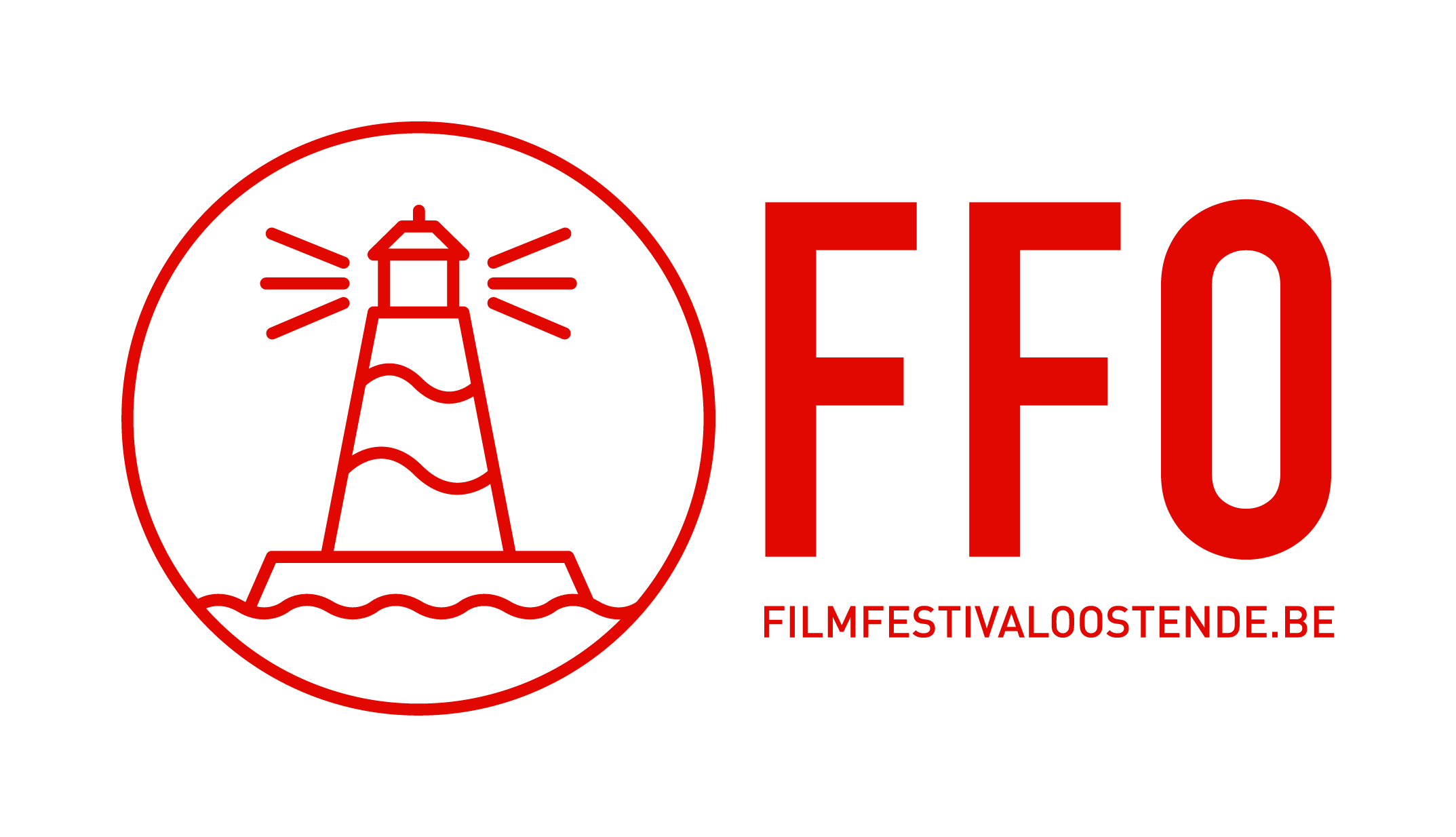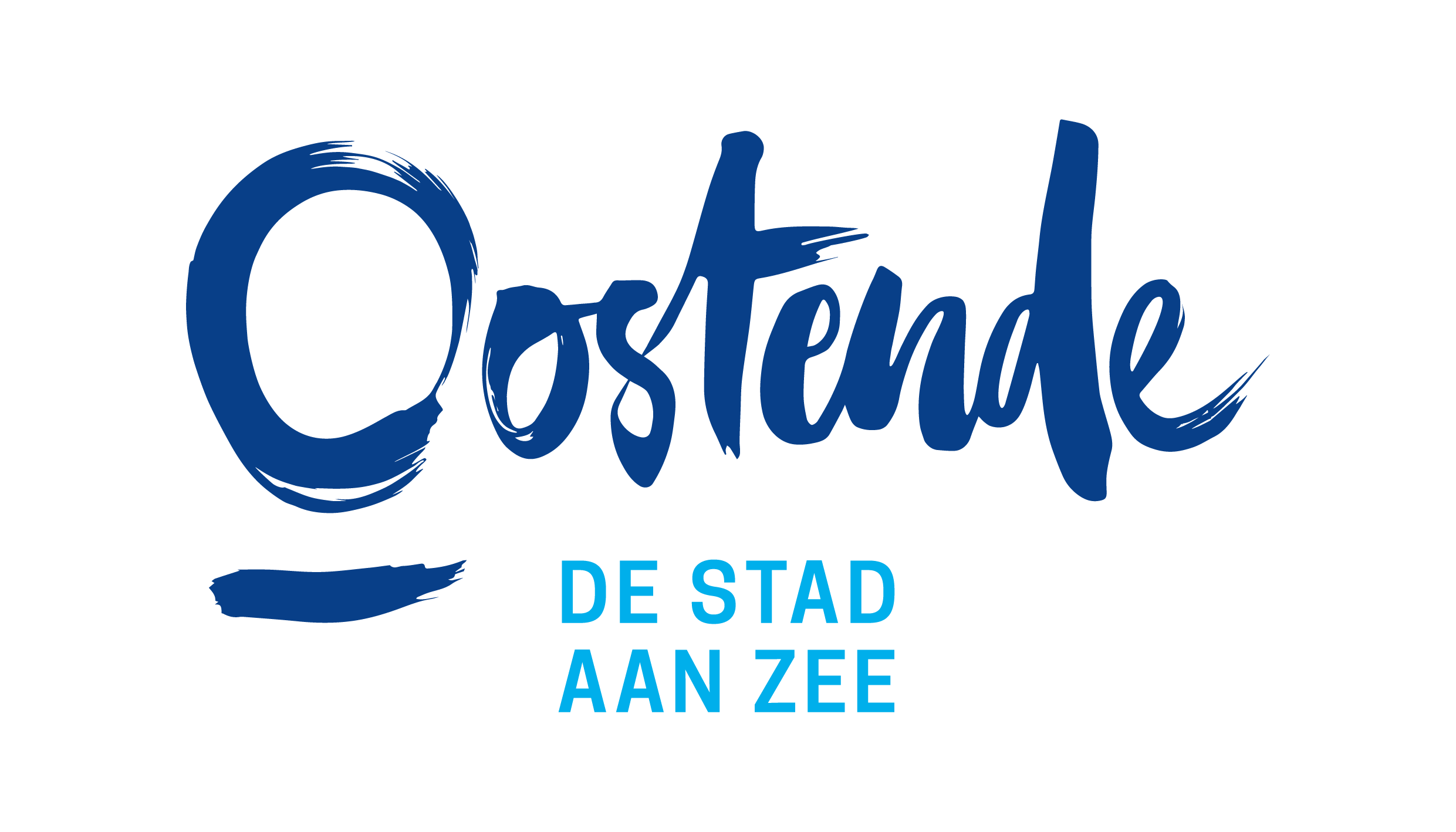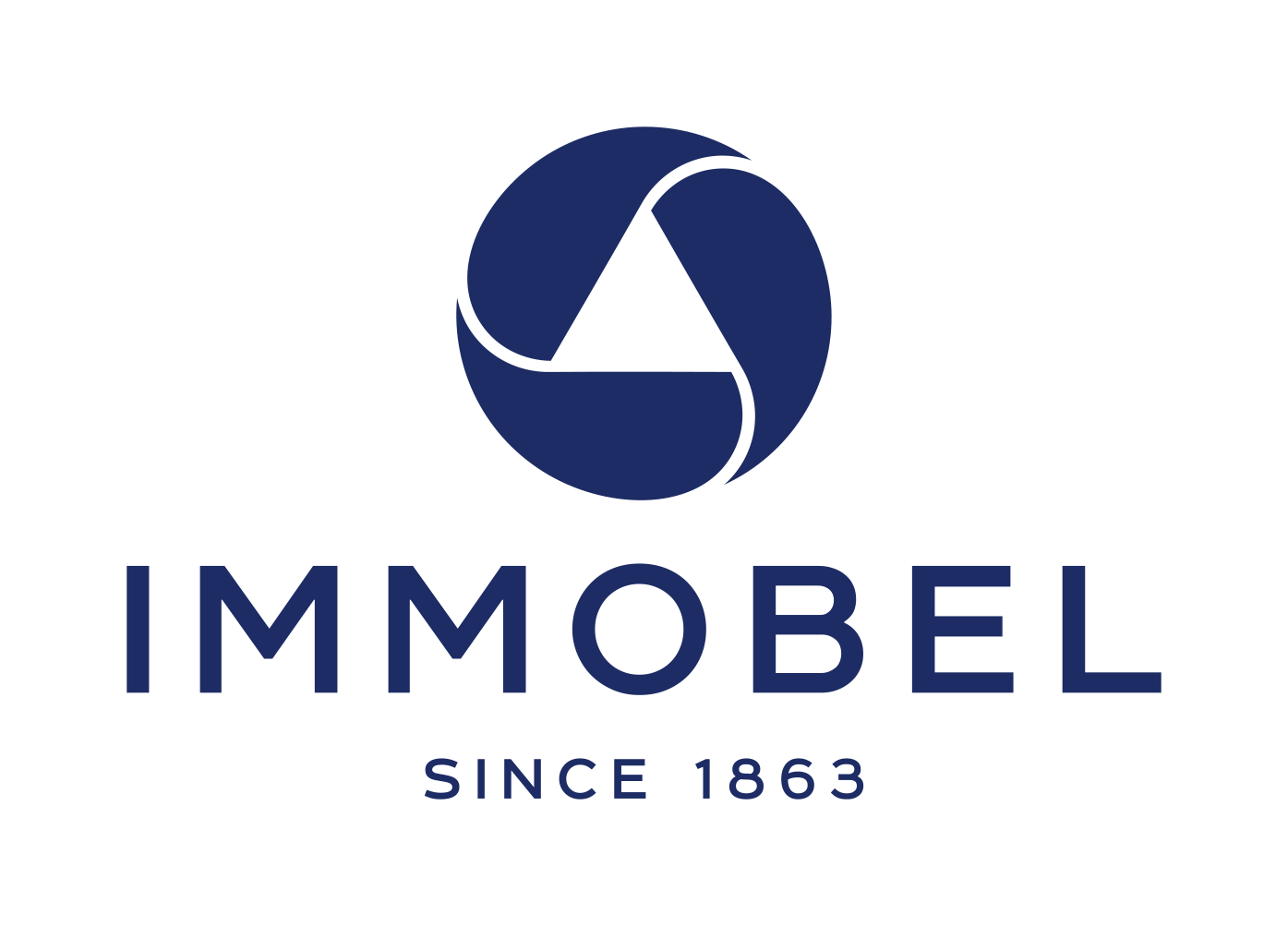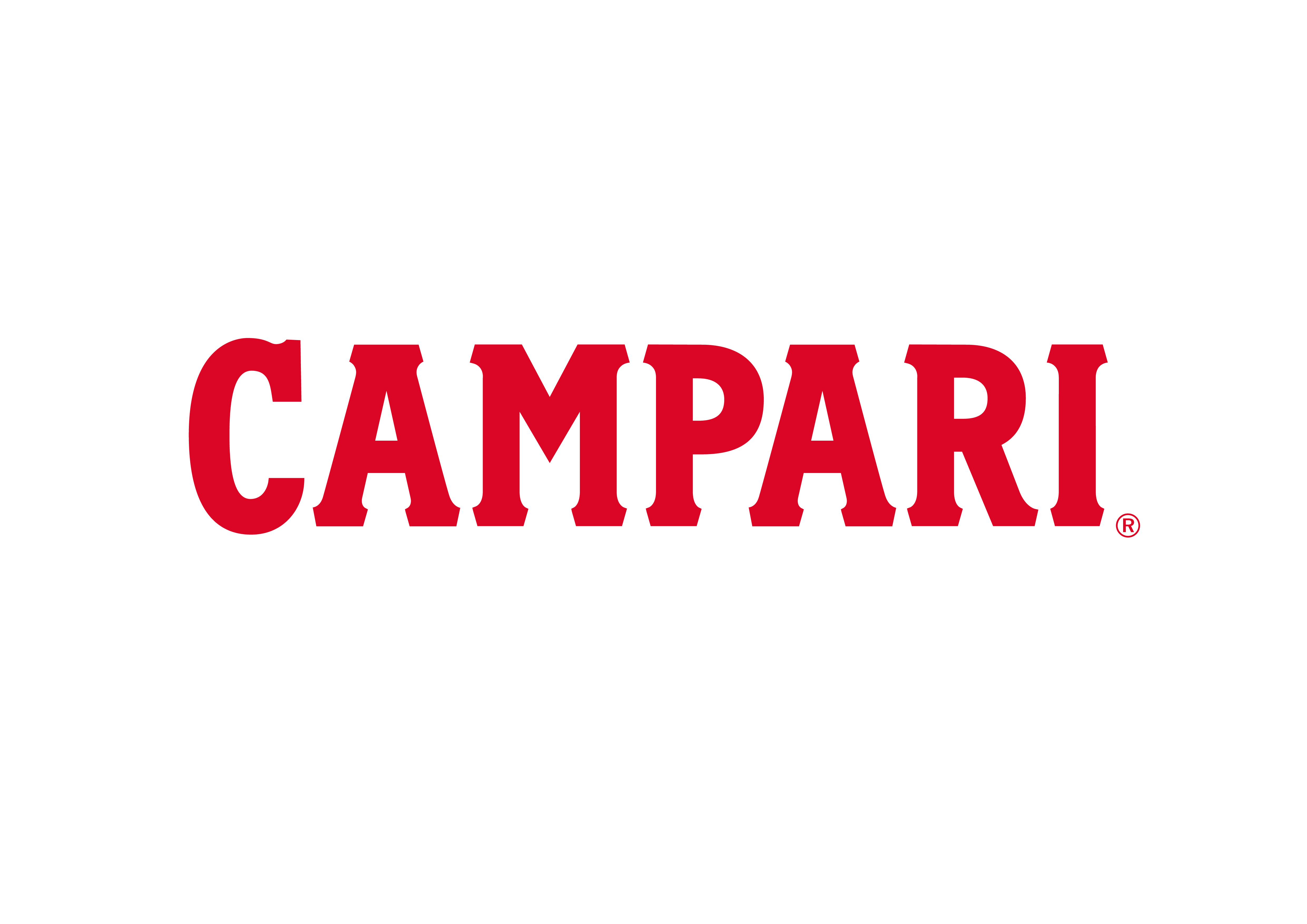- nl
- en
Regulations
Since 2018, The Ensors are organized by the non-profit organization The Ensors. The awards are handed out on the final day of the Ostend Film Festival.
(Approved by the board of directors of The Ensors - November 22, 2021)
VZW De Ensors
The non-profit organization The Ensors (De Ensors vzw) acquired the rights to organize The Ensors by a license agreement with Les Films du Bord de Mer vzw. Besides a delegation of three people of Les Films du Bord de Mer, the following organizations are included in De Ensors vzw:
- V.O.F.T.P.
- Unie van Regisseurs
- De Acteursgilde
- Scenaristengilde
- SBC
- BEMontage
- Belgian Screen Composers Guild
- Flanders Doc
The Ensor Academy
De Ensors vzw decided to award most of the Ensors by the Ensor Academy. Everyone recently active in the Flemish audiovisual sector is allowed to become a member of the Academy. This also applies to non-artistic employees of Flemish production companies. Also staff members of film festivals subsidized by the Flemish Audiovisual Fund (VAF) can become a member of the Academy. Both of these groups have to subscribe by the e-mail address of the company or festival by which they are employed. During the registration, every candidate has to indicate the audiovisual organization they belong to.
If the candidate is not a member of one of the above-mentioned organizations, they need to have an IMDb profile that proves an active professional cooperation in the production of a film or TV series. The board of directors of De Ensors vzw always takes the final decision to accept or decline a candidate. From the 1th of January of 2021, every member has to vote at least once in three years. If not, this person loses their membership.
The Jury
The Academy only considers films or TV productions that had their official Belgian premiere in the year before the Gala of the Ensors and that were accessible on linear TV or on a streaming platform.
The projects eligible for a nomination or an Ensor will be available to watch on a screener platform. Nevertheless, if a film or series is still available in the regular circuit (cinema, TV...), it will be expected that the members of the Academy watch the production via the regular channels. Unless the producer allows them to watch the production on the screener platform.
Films and TV series eligible for an Ensor nomination
-
Films
Feature films that are officially recognized as majority Flemish. These are projects that meet at least 2 out of these 3 criteria:
- The project is Flemish because of the identity of the artistic team[1]. The key actors of the team are the scenarist and the director. For animation films, the production designer also counts as a key actor.
- The project is Flemish because of its content.[2]
- The project is Flemish because of its production context. The producer who took initiative or who provides the largest share in financing the project.
Besides these criteria, the project also needs to be available at least 7 consecutive days on the program of a commercial cinema or arthouse cinema in at least three Belgian cities at the same time, or be available on a commercial streaming platform, such as Streamz, Netflix, Disney+...
-
TV series
TV series in the category fiction that are officially recognized as majority Flemish. The project is considered fiction when it is an audiovisual, predominantly live-action series with mainly fictitious characters and events.
The project is considered a majority Flemish series when they are productions in series with a high-quality artistic content, predominantly of Flemish origin and with a broad reach potential:
- 'High-quality artistic content': the series has to be of quality and original.
- 'A broad reach potential': the series have to be available in a commercial streaming platform (Streamz, Netflix, Disney+...) and have to appeal to an (inter)national audience.
Fiction series should count at least three and maximum 13 episodes, with a minimal duration of 15 minutes per episode. Children or youth (0-14 years) fiction series, need to have at least three episodes and a total duration of 30 minutes. There is no limit on the number of seasons the series is allowed.
In order to be considered majority Flemish, series need to meet at least 2 out of these 3 criteria:
- The project is Flemish because of the identity of the artistic team[1]. The key actors of the team are the scenarist and the director. For animation films, the production designer also counts as a key actor.
- The project is Flemish because of its content.[2]
- The project is Flemish because of its production context. The producer who took initiative or who provides the largest share in financing the project.
-
Documentaries
Documentaries that are officially recognized as majority Flemish. These are projects that meet at least 2 out of these 3 criteria:
- The project is Flemish because of the identity of the artistic team[1]. The key actors of the team are the scenarist and the director. For animation films, the production designer also counts as a key actor.
- The project is Flemish because of its content.[2]
- The project is Flemish because of its production context. The producer who took initiative or who provides the largest share in financing the project.
Long documentaries only are eligible when
- they are linked to an official Belgian distribution in an exploitation circuit that is recognized by De Ensors vzw
- they are available on a commercial streaming platform (Streamz, Netflix, Disney+...)
- they were officially selected by a film festival or a relevant event recognized by De Ensors vzw. Recognized events can be, among others, events by a recognized cultural organization during which the long documentary is screened.
Long documentaries that are not made specifically for TV, should have a minimum duration of 60 minutes. TV documentaries need to have a duration of 25 -59 minutes.
The Ensors want to give all professional Flemish audiovisual productions a chance to win an award. Productions dedicated to The Jamies cannot be nominated for an Ensor. Productions that don't comply with the regulations as mentioned on this page, can hand in a motivated application to the board of directors of De Ensors vzw. In this application, they need to indicate the category in which they wish to participate.
Remakes also are eligible for The Ensors. In this case, it needs to be clearly indicated that it is a remake. The board of directors argues the Flemish creativity to be taking into consideration as an important criterium for the evaluation of a remake.
[1] Individuals of each nationality can be part of the Flemish cultural community. E.g., A Spanish person who works in Flanders, a British director who lives in Bruges... This term needs to be interpreted broadly.
[2] The production needs to have a link with the Flemish cultural community via, e.g., the subject, the literary work or theater play it is based on, the cultural heritage, the history, the societal relevance, the political context, the artwork...
Categories
Ensors chosen by the Academy (21)
Across all genres (7)
- Music
- Sound
- Make-up
- Costumes
- Art direction
- DOP
- Editing
Film (4)
- Scenario
- Best Acting Performance
- Leading Role
- Supporting Role (to be determined by the producer)
- Direction
Series (4)
- Scenario
- Best Acting Performance
- Leading Role
- Supporting Role (to be determined by the producer)
- Direction
Best of the best (6)
- Short film (based on a shortlist of 5 films assembled by a jury. This shortlist has at least one fiction film, one documentary and one animation)
- Youth Fiction (Film as well as series)
- Documentary
- Animation
- Fiction Series
- Film
Awards based on numbers (2)
- The Box Office Award
- The Telenet Audience Award
Ensors chosen by a third party (4)
- By the board of directors of The Ensors:
- The Ensor for international performance (Albert Bert Award)
- The Ensor for Young Talent of the Year is meant for a promising talent in the film industry. It can be a professional who has not yet been recognized by the general public, but who manifested themself in the previous year as 'one to watch'. The board of directors also keeps in mind the diversity, in every sense.
- Best French-speaking Belgian Film.
- The Ensor for Best co-production goes to an audiovisual project that is the result of a content-wise, visual... international cooperation. The influence of both parties needs to be clear. It needs to be a cooperation in which the talent, cast, crew, skills and experience from different countries were valued equally and in which the financially contribution of the Flemish co-producer is not the only participation of Flanders.
- Awarded by the Ostend Film Festival: Lifetime Achievement Award
Several Ensors are handed out during the Ostend Film Festival.
The Judging Process
Phase 1
Every member of the Academy has 3 votes per category. They can assign these votes to the films and TV series in the longlist.
Phase 2
The top 3 titles of every category with the most votes are nominated for an Ensor.
Afterwards, the Academy considers the following professional categories:
- DOP
- Editing
- Scenario
- Best Acting Performance
- Leading Role
- Supporting Role
- Direction
- Short Film
- Youth Film
- Documentary
- Animation
- Fiction Series
- Film
For each of these categories, 2 additional titles are added to the already 3 nominated titles.
For the following categories, the top 5 titles with the most votes are nominated by the Academy:
- Music
- Sound
- Make-up
- Costumes
- Art direction
After the first nomination round, these titles are made public. The members of the Academy will vote again. This time, they only are allowed to grant one vote per category.
The nominated title that receives the majority of the votes wins an Ensor. In case of an ex aequo, the award goes to the title that received the most votes during the first round of voting. If the number of votes during the first round was equally the same, both of the winners receive an Ensor.
The members of the Academy are not obliged to vote for each category. Nevertheless, the deontology of the Academy asks all members not to vote for a production they haven't seen.
The Ensors are working on a diversity policy and support all of the efforts being made to reach these goals.









